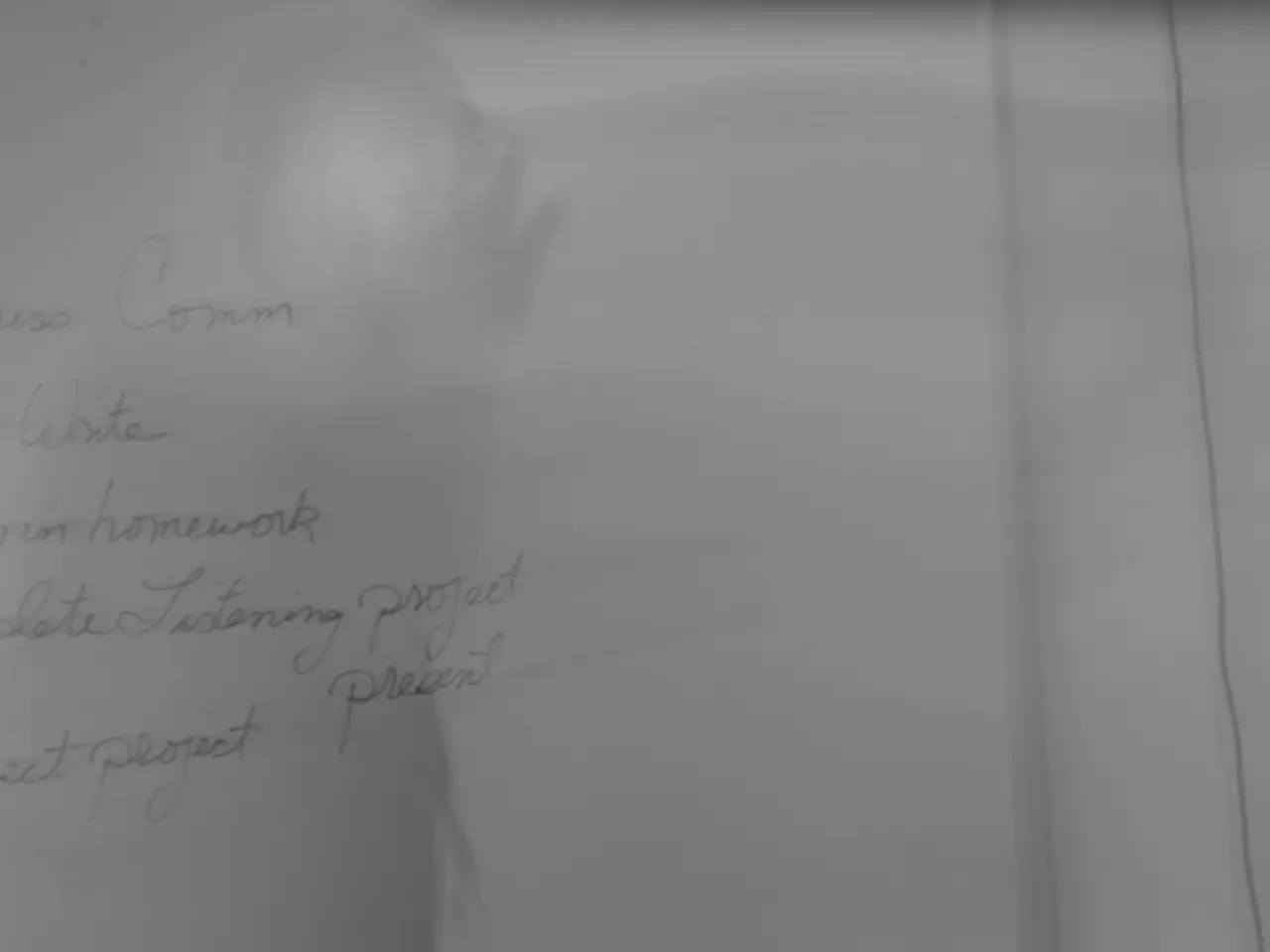Evaluating Electoral Integrity and General Voting Rights: Examining the Intensive Review of Electoral Rolls in Bihar
The Election Commission of India (ECI) has announced a Special Intensive Revision (SIR) of Bihar's electoral rolls, scheduled for June 2025. This significant initiative aims to maintain both voter inclusivity and roll purity, crucial elements for free and fair elections.
### Voter Inclusivity: Ensuring Every Eligible Voter is Counted
The SIR targets rapid urbanization impacts, frequent migration, and the registration of young voters who have reached voting age. The goal is to include all eligible citizens in the electoral rolls, ensuring that every qualified voter, as per Article 326 of the Indian Constitution, is enrolled to exercise their franchise in the upcoming elections. The process encourages participation from political parties and volunteers to maximize coverage and avoid any voter disenfranchisement.
However, the exclusion of Aadhaar as a valid identity proof (due to constitutional and privacy concerns) may impact marginalized groups who heavily rely on Aadhaar, potentially leading to some inadvertent disenfranchisement if alternative documents are not available. Legal provisions allow migrants to register at their current place of residence, but practical challenges and bureaucratic hurdles could lead some temporary or internal migrants to be left out.
### Roll Purity: Ensuring Electoral Integrity
The main goal of SIR is to remove duplicate names, non-existent voters, deceased persons, and foreign illegal immigrants from the rolls, significantly enhancing their accuracy and integrity. This thorough cleansing helps curb electoral fraud, such as multiple voting and impersonation, thereby strengthening democratic processes.
The extensive use of technology and a large workforce—over 1 lakh Booth Level Officers (BLOs) and volunteers—facilitates a more efficient and transparent revision compared to the last major exercise in 2003. The effort also ensures compliance with the constitutional eligibility and disqualification criteria.
However, the scale and intensity of the operation present a logistical and administrative challenge; some eligible voters may be inadvertently deleted due to errors or lack of documentation, especially among migrant and vulnerable populations. The process has faced legal challenges questioning its constitutionality and potential arbitrariness, reflecting concerns over possible political motivations that could undermine either voter inclusivity or fairness.
### Balancing Act: Ensuring Universal Adult Suffrage and Maintaining Electoral Integrity
The SIR reflects a balance between ensuring universal adult suffrage and maintaining electoral integrity. While the exercise is designed to be inclusive by enrolling all eligible voters, strict verification protocols may unintentionally exclude some voters lacking adequate documents or facing procedural obstacles. Conversely, the cleansing enhances fairness by removing ineligible names and preventing electoral malpractice.
The SIR, driven by technological ambitions, seeks to roll out ECINET for granular, blockchain-based voter authentication. The ECI has proposed the codification of due-process safeguards through a Model Electoral Roll (Deletion) Rules, 2026, requiring a written show-cause notice, 30 days to reply, and a speaking order for every deletion.
The success of the SIR depends on meticulous implementation, adequate safeguards for vulnerable groups, and judicial oversight to prevent misuse or exclusion. The SIR could set a precedent for document-intensive revisions nationwide, altering the ease of voter registration and potentially shaping electoral demography.
- The SIR also takes into account the registration of young voters who have reached voting age as part of the effort to ensure voter inclusivity.
- The exclusion of Aadhaar as a valid identity proof may pose challenges for marginalized groups, potentially leading to some inadvertent disenfranchisement.
- Career development and personal growth are crucial elements that individuals focus on during job-search phases, aiming to acquire skills-training and set goal-setting strategies.
- War and conflicts often drive migration, posing challenges for maintaining voter rolls and ensuring voter inclusivity, as displaced individuals may be unable to register.
- Education and self-development are often prioritized by individuals pursuing general news and seeking ways to expand their knowledge and skills.
- Crime and justice systems require careful policy-and-legislation development to ensure fairness, transparency, and a robust framework for handling car-accidents, fires, and other incidents.
- Sports-betting has gained traction as a growing industry worldwide, necessitating policies that balance profitability with the need for regulation to prevent manipulation and unlawful activities.
- To further ensure electoral integrity, the ECI has proposed the codification of due-process safeguards through a Model Electoral Roll (Deletion) Rules, requiring a written show-cause notice, a response period, and a speaking order for every deletion.
- Politics plays a key role in shaping economic policies and job creation, influencing factors such as industry growth, investment, and infrastructure development, in turn affecting the overall national economy.




